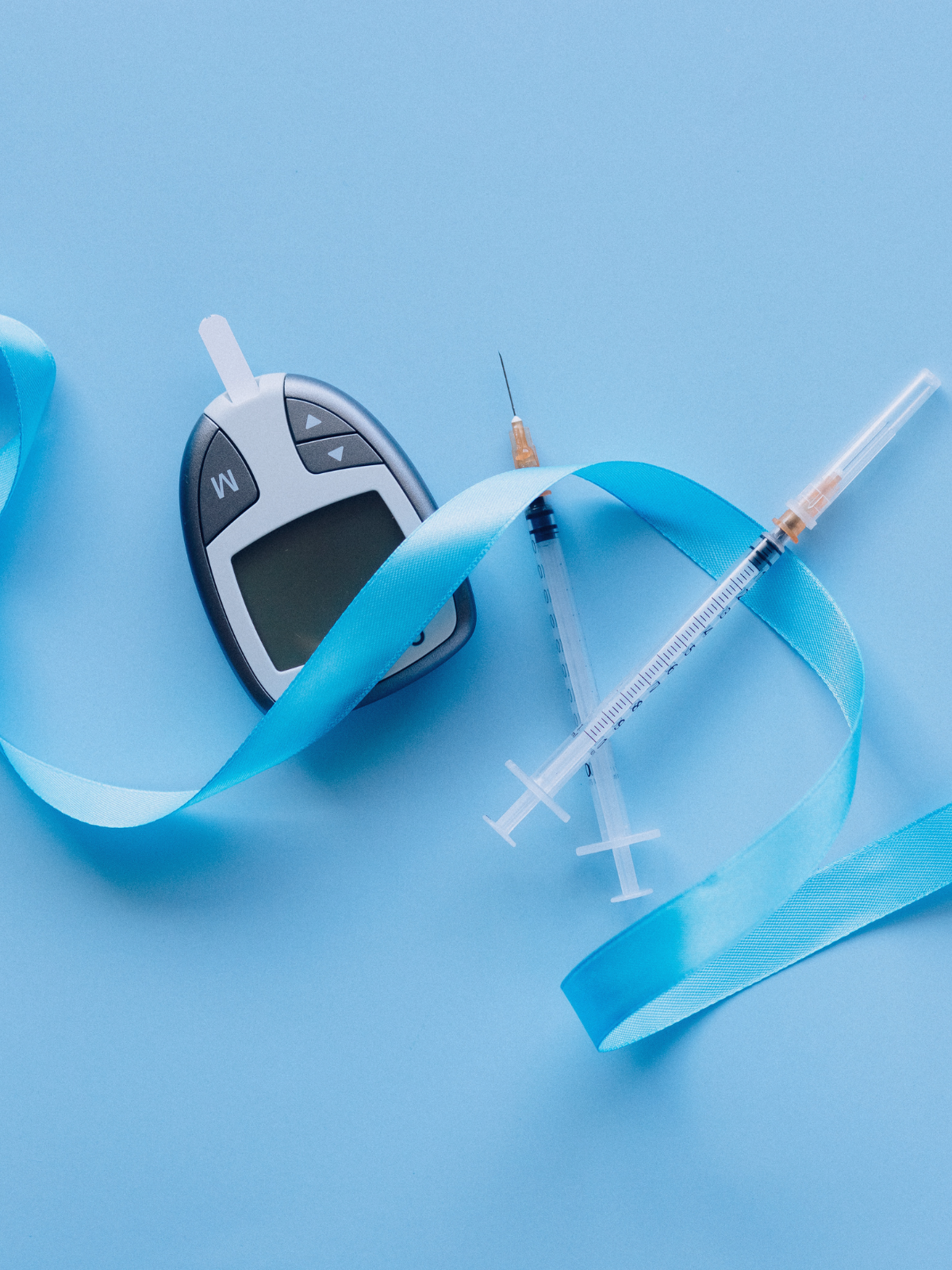
Antonio Valenzuela
MSc en Psiconeuroinmunología Clínica por la UPSA. Fisioterapeuta y Osteópata. @antoniovalenzuelacanovaca
ALZHEIMER'S: DIABETES OF THE BRAIN
What if I told you that we could view Alzheimer's disease as diabetes of the brain? This theory, which seems far-fetched, has gained a lot of traction in the last two decades, thanks to the emergence of an increasing number of studies linking diabetes with cognitive decline.
According to these studies, people with type 2 diabetes have a 1.5 to 2 times higher risk of developing Alzheimer's. It is very striking to see that 81 percent of people with Alzheimer's have type 2 diabetes or elevated fasting glucose levels. Although beta amyloid protein plaques in neurons are still being talked about as one of the culprits of Alzheimer's disease, it is becoming increasingly clear that they are far from the only culprits.
Today we know that a failure in brain metabolism is a necessary condition for developing Alzheimer's. A metabolic characteristic of Alzheimer's patients is a decrease in brain glucose metabolism, which is characterized by a reduced ability to absorb glucose and use it as fuel. This is why new terminologies such as "type 3 diabetes" or "cerebral diabetes" have emerged.
The insulin question.
Insulin is possibly the most powerful hormone in our body, so if it gets out of control it can become the most dangerous. Its main function is to signal the “storage” of energy in our body. Insulin allows the entry of glucose into the cell (without it, it accumulates in the blood) and converts excess glucose, which our body cannot use or store, into fat.
The release of insulin in our body comes hand in hand with the consumption of glucose. In this sense, foods with a high glucose load such as sugar (in drinks/soft drinks, in sweets, in your coffee or tea and added in ultra-processed foods) such as refined carbohydrates, flours and starches (they actually behave like sugar) such as rice, potatoes, pasta, bread and the like quickly raise blood glucose levels and trigger insulin in our body.
The big problem we have is that our brain has no reserves of glucose or fat, so it depends on a constant blood supply to nourish itself when this fails. We literally have a brain that is starving, something very serious given that the brain, despite representing only 2% of the total weight, consumes 20% of our energy.
My generation grew up with the idea that sugar was energy and fat was the demon that brought you closer to the grave. The bombardment of advertising made it normal for a child to eat a chocolate egg, but for their parents to be seen as irresponsible if they offered them scrambled eggs for breakfast. The great merit of the industry has been to turn into dogma that carbohydrates should be the basis of the diet, while associating the term "carbohydrate" with ultra-processed foods loaded with sugars and refined flours. Cookies, buns, breakfast cereals or snacks of all kinds have been introduced into daily life little by little until their consumption has become normalized.
A diet adequate in carbohydrates.
Since carbohydrates are inevitably linked to insulin, people with some type of metabolic disorder and/or neurodegenerative disease benefit from reducing them in their diet. There are no essential carbohydrates; anyone can lead a healthy life without eating carbohydrates, as long as they eat a lot of green leafy vegetables. This does not mean that carbohydrates are the problem or that eliminating them is optimal. The context of each person will make the difference. The impact of carbohydrates on a thin, healthy person who runs and lifts weights several times a week has nothing to do with another person with insulin resistance (or diabetic, sedentary and obese); in this case, it would be very convenient for them to review their relationship with carbohydrates and prioritize healthy fats as their main source of energy.
Quality fats, an ally of our brain.
You've probably heard the saying "you are what you eat." Well, the brain is made up of 60% fat, and depending on the type of fats present in our diet, our brain will incorporate fats of better or worse quality into its structure.
To be healthy and long-lived, our brain needs healthy fats. Without a doubt, the most important are the Omega 3 EPA and DHA fats, found mainly in fish and seafood. In addition, other healthy fats found in foods such as olive oil, nuts and avocado (monounsaturated fatty acids), coconut (medium chain fatty acids), eggs (choline) or cocoa (stearic acid) are essential for building a “bulletproof” brain.
As we have seen, fats are essential for a long-lived brain, but not all types of fats are suitable. Poor quality fats such as hydrogenated “trans” fats found in ultra-processed foods and Omega 6 fats (linoleic acid) found in vegetable oils such as soy, corn, and sunflower oils (also found in industrial foods) are harmful to brain health. For example, an observational study of more than 8,000 people revealed the risk of these vegetable oils in the development of dementia.
Impossible Bakers in the fight against Alzheimer's
As we have seen in this article, carbohydrates are not essential, but healthy fats and protein are. There are few brands on the market that opt for low-carb options made with healthy ingredients that focus on people's metabolic health. Impossible Bakers is a pioneer in making low-carb bakery and pastries, without added sugars, while also being very pleasurable, because taking care of your health should not be boring. Thanks to Impossible Bakers, people with metabolic diseases such as diabetes and Alzheimer's can enjoy the pleasures of gastronomy while keeping their glucose levels stable.
Antonio Valenzuela Canovaca
MSc in Clinical Psychoneuroimmunology from UPSA
Physiotherapist and Osteopath

OTROS ARTICULOS RELACIONADOS
Vivir sin gluten (y con sabor): un homenaje a todas las personas celíacas
Diabetes Tipo 1: Una visión integrativa de la alimentación infantil
Your Intestinal Microbiota: Stress, Nutrition and Digestive Balance
Control your glucose, protect your heart
How to take care of our immune system?
Sugar and the diabetes pandemic
The sweet poison
Sugerencias
1.28 g Carbos
Read more

Your Intestinal Microbiota: Stress, Nutrition and Digestive Balance
Discover the causes of common digestive problems like SIBO and IBS. Learn how stress, diet, and microbiome balance affect your digestive health.
Read more
Diabetes Tipo 1: Una visión integrativa de la alimentación infantil
Hoy, Día Mundial de la Diabetes, hablamos con Oriol Ansillo, padre de una niña con Diabetes Tipo 1. La Diabetes es una enfermedad autoinmunitaria que cambia de forma radical la vida de quienes la p...
Read more





